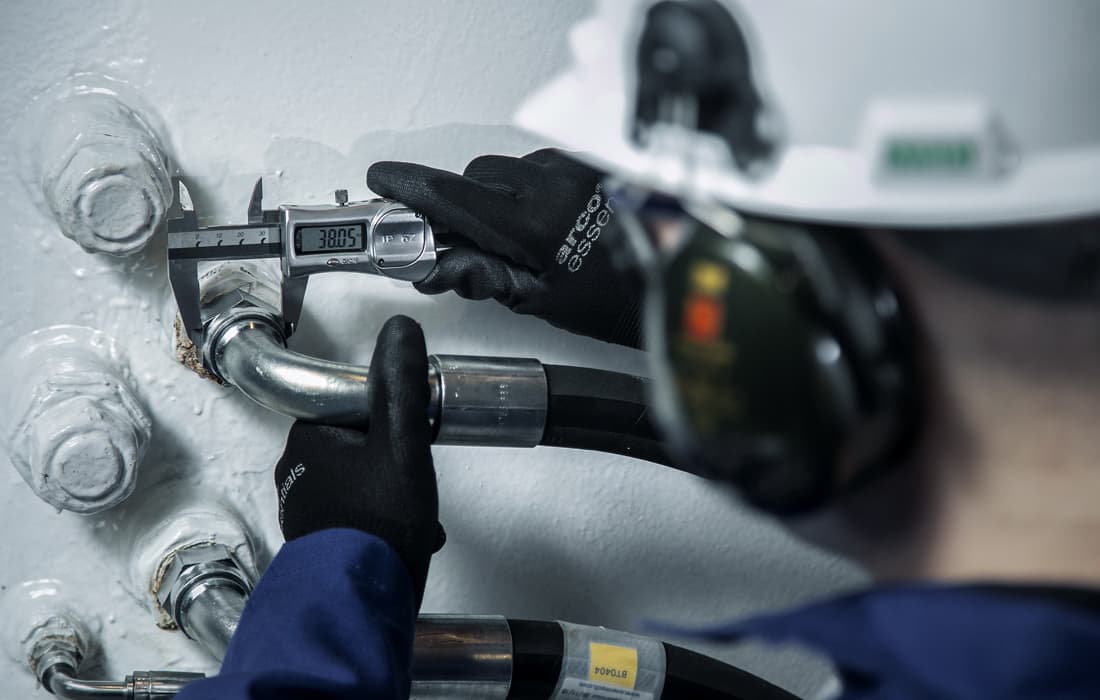As Head of Training at EnerMech, Jennifer Batchelor brings a wealth of experience and a deep commitment to raising industry standards through education. In this Q&A, Jennifer shares her perspective on why high-quality, consistent training is vital in the fluid power sector – particularly in high-risk environments like oil and gas. Drawing on EnerMech’s role as a British Fluid Power Association (BFPA) approved training provider, she highlights how structured learning, rigorous assessment, and a focus on safety are shaping a more competent and confident workforce.
Why is fluid power training so important?
Fluid power technology is the backbone of numerous sectors, including the oil and gas industry, where it powers safety-critical machinery and systems.
Hydraulic and pneumatic fluid power systems in oil and gas operate under high pressures, housing flammable, toxic and environmentally damaging mediums. Any flaw in either a single component or a production system could lead to lost productivity and reputational damage and, at worst, catastrophic consequences for people, equipment and entire assets.
Proper training ensures that technicians understand the intricacies of fluid power systems, significantly reducing the risk of accidents, injuries, costly downtime and rework. Knowledge of safety protocols and best practices is essential to maintain a safe, productive working environment.
The benefits of good training
Well-trained professionals can diagnose and solve problems more quickly, leading to reduced downtime and increased productivity. Understanding the principles of fluid dynamics and system operations allows technicians to maintain and repair equipment efficiently. This expertise translates to smoother operations and less operational disruption.
Good training and assessment equip individuals with the skills to innovate and improve existing systems. With a deep understanding of fluid mechanics and system design, professionals can develop more efficient, reliable and sustainable solutions. Innovation driven by well-trained experts can lead to advancements that benefit all sectors.
BFPA accredited training and competence programs are also recognized by both clients and the supply chain, with this third-party approval confirming an assured way of working.
What are some of the hallmarks of good training?
Consistency in training content is critical which is why we chose to deliver the BFPA programs. The range of fluid power courses, from foundational principles through to vocational competence assessments, provide consistent frameworks for the development of personnel involved in all aspects of fluid power.
The BFPA has stringent quality assurance requirements for all individuals and training organisations delivering their approved programs and range of courses are suited to all levels of understanding and experience, creating consistent levels of competence in the workforce.
Standards and regulations, applied to courses under the guidance of the BFPA, ensures that professionals are up to date with the latest guidelines and compliance requirements. Adhering to these standards is essential for maintaining the quality and reliability of fluid power systems.
EnerMech is proud to partner with BFPA as one of its nation-wide network of high-quality training providers. Delivering BFPA programs means that we develop our people in a truly consistent way that we and our customers understand that our service is provided by quality-assured, safe and professionally trained teams.
